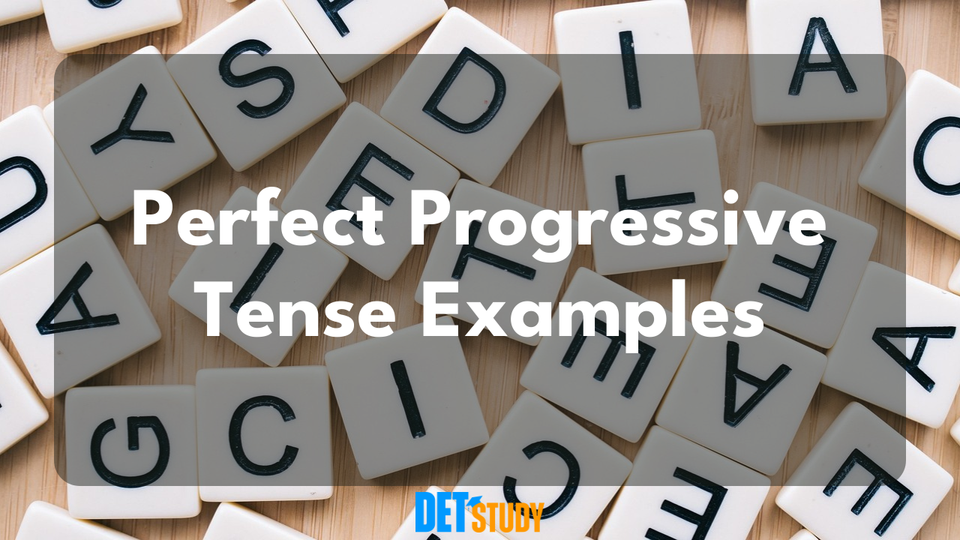Perfect Progressive Tense: Practical Examples for Sharper Writing

The perfect progressive tense, also known as the perfect continuous tense, describes actions that began in the past, continued for a certain period, and either are still ongoing or have results felt in the present, past, or future. It emphasizes the duration or continuous nature of the activity. 🕰️ This tense combines a form of "to have" (perfect aspect) with "been" and the present participle (the -ing form of the verb, for the progressive aspect). ### Present Perfect Progressive Tense This tense describes actions that started in the past and are still happening, or have just finished with present effects. * **Formation:** `have/has been` + `present participle` (verb + -ing) * **Examples:** * "She **has been studying** for three hours." (Still studying now.) * "They **have been playing** soccer since 2 PM." (The game likely continues.) * **Time Expressions:** Often used with "for" (duration) and "since" (start point). ### Past Perfect Progressive Tense This tense describes an action that was ongoing in the past before another past action occurred. It highlights the duration up to that past event. * **Formation:** `had been` + `present participle` * **Examples:** * "I **had been working** at the company for five years when I got promoted." (Work continued until the promotion.) * "By the time we arrived, they **had been waiting** for over an hour." (Their wait ended upon our arrival.) * **Time Expressions:** Commonly paired with "before," "when," "by the time," and "until."
### Future Perfect Progressive Tense This tense is used for actions that will be ongoing up until a specific moment or event in the future. It emphasizes the expected duration leading to that future point. 🚀 * **Formation:** `will have been` + `present participle` * **Examples:** * "By next year, she **will have been living** here for a decade." (Her living here continues until next year, marking a decade.) * "We **will have been traveling** for 10 hours by the time we reach our destination." (The travel duration leads to the arrival.) * **Time Expressions:** Used with "by," "for," and "when" to mark the duration to a future reference point. Mastering the perfect progressive tenses helps you express complex time relationships and continuous actions. Practicing with examples and time expressions like "for," "since," "by," and "until" will build fluency and confidence. ✨ Save Money on Your Duolingo English Test with Official Coupon Code Practice English Now What To Know About The Duolingo English Test (DET) Scoring System Free English PracticeDET Study: Elevate Your Exam Readiness
DET Study offers over 15,000 practice questions, focusing on adjectives and adverbs to strengthen your grammar. Regular practice helps you approach the Duolingo English Test with greater confidence and precision, aiming for your desired scores.
🎯 Need more practice? Check out DETStudy.com for expert resources, 15,000+ practice questions, and AI-powered writing and speaking feedback.
